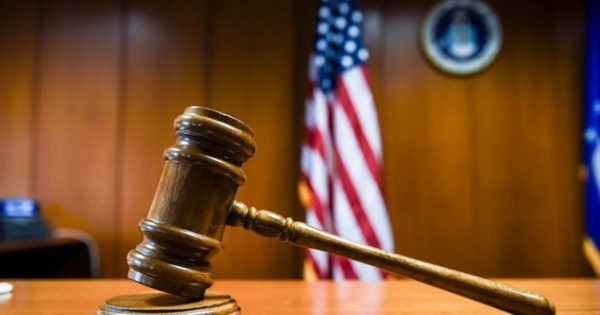
Judge Matthew Schelp of the Eastern District of Missouri has issued a preliminary injunction for workers at Medicare- and Medicaid-certified medical facilities in Alaska, Arkansas, Iowa, Kansas, Missouri, New Hampshire, Nebraska, Wyoming, and North and South Dakota. The court’s decision deals a serious blow to left-wing activists’ claims that workers can be forced to take the vaccine booster shots.
The judge’s order states, “IT IS HEREBY ORDERED that Defendants are preliminarily enjoined from the implementation and enforcement of 86 Fed. Reg. 61,555 (Nov. 5, 2021), the Interim Final Rule with Comment Period entitled “Medicare and Medicaid Programs; Omnibus COVID–19 Health Care Staff Vaccination,” against any and all Medicare– and Medicaid–certified providers and suppliers within the States of Alaska, Arkansas, Iowa, Kansas, Missouri, Nebraska, New Hampshire, North Dakota, South Dakota, and Wyoming pending a trial on the merits of this action or until further order of this Court.“
“Defendants shall immediately cease all implementation or enforcement of the Interim Final Rule with Comment Period as to any Medicare– and Medicaid–certified providers and suppliers within the States of Alaska, Arkansas, Iowa, Kansas, Missouri, Nebraska, New Hampshire, North Dakota, South Dakota, and Wyoming,’ the court added.
The Biden regime’s attempt to enforce vaccine mandates on companies with over 100 employees has also ran into a roadblock, as previously reported by National File:
On its website, OSHA now offers a disclaimer above any additional information: “On November 12, 2021, the U.S. Court of Appeals for the Fifth Circuit granted a motion to stay OSHA’s COVID-19 Vaccination and Testing Emergency Temporary Standard, published on November 5, 2021 (86 Fed. Reg. 61402) (“ETS”).”
The regulatory body explains, “The court ordered that OSHA ‘take no steps to implement or enforce’ the ETS ‘until further court order.’” Accordingly, “OSHA has suspended activities related to the implementation and enforcement of the ETS pending future developments in the litigation.”